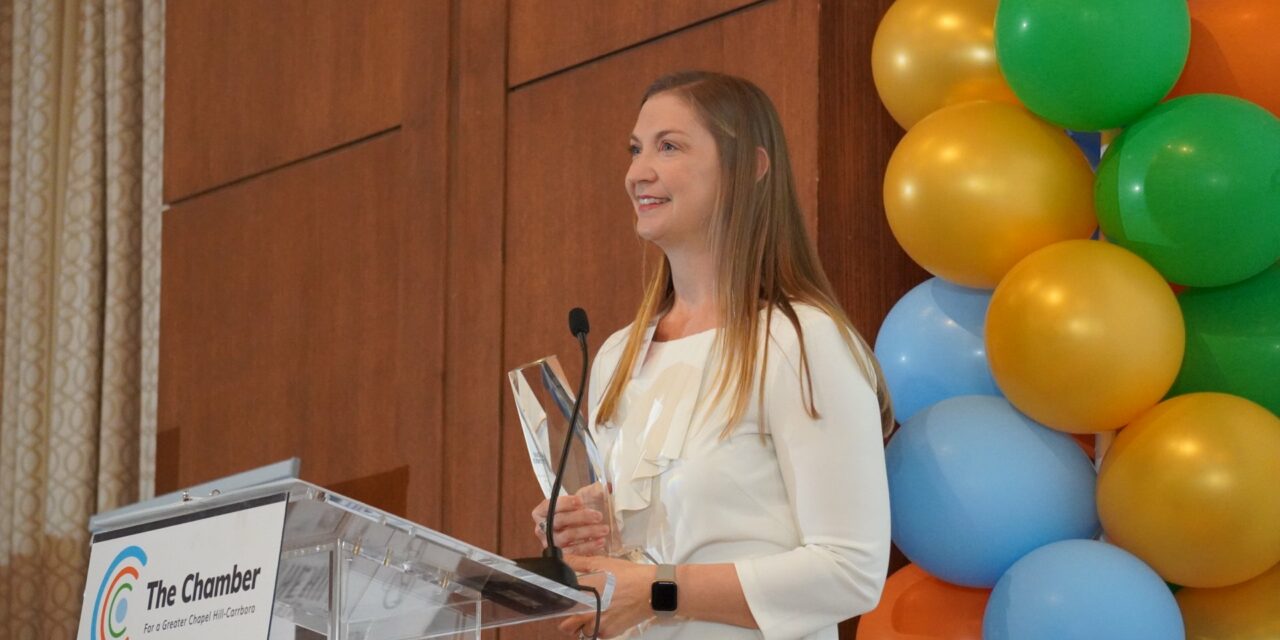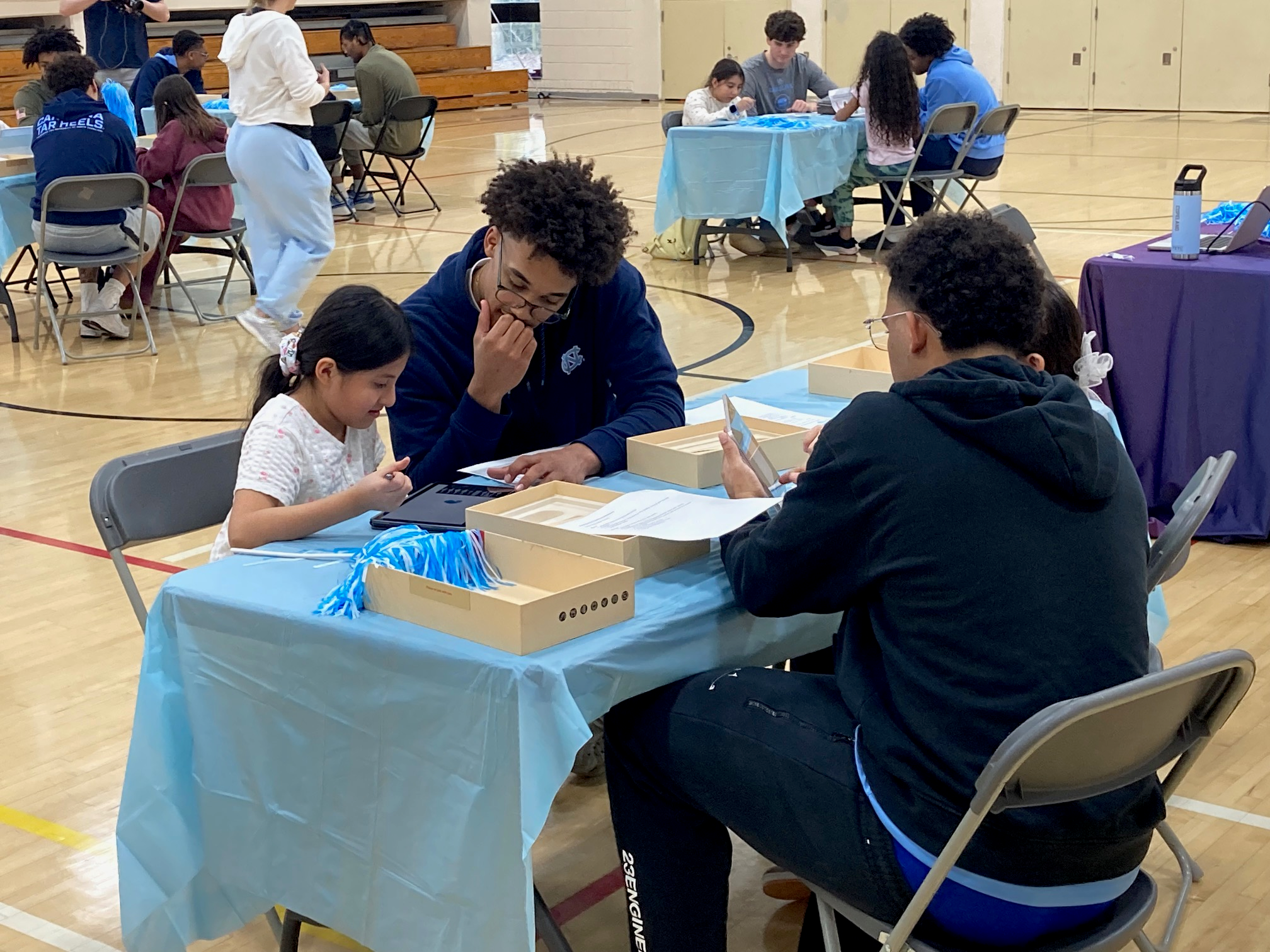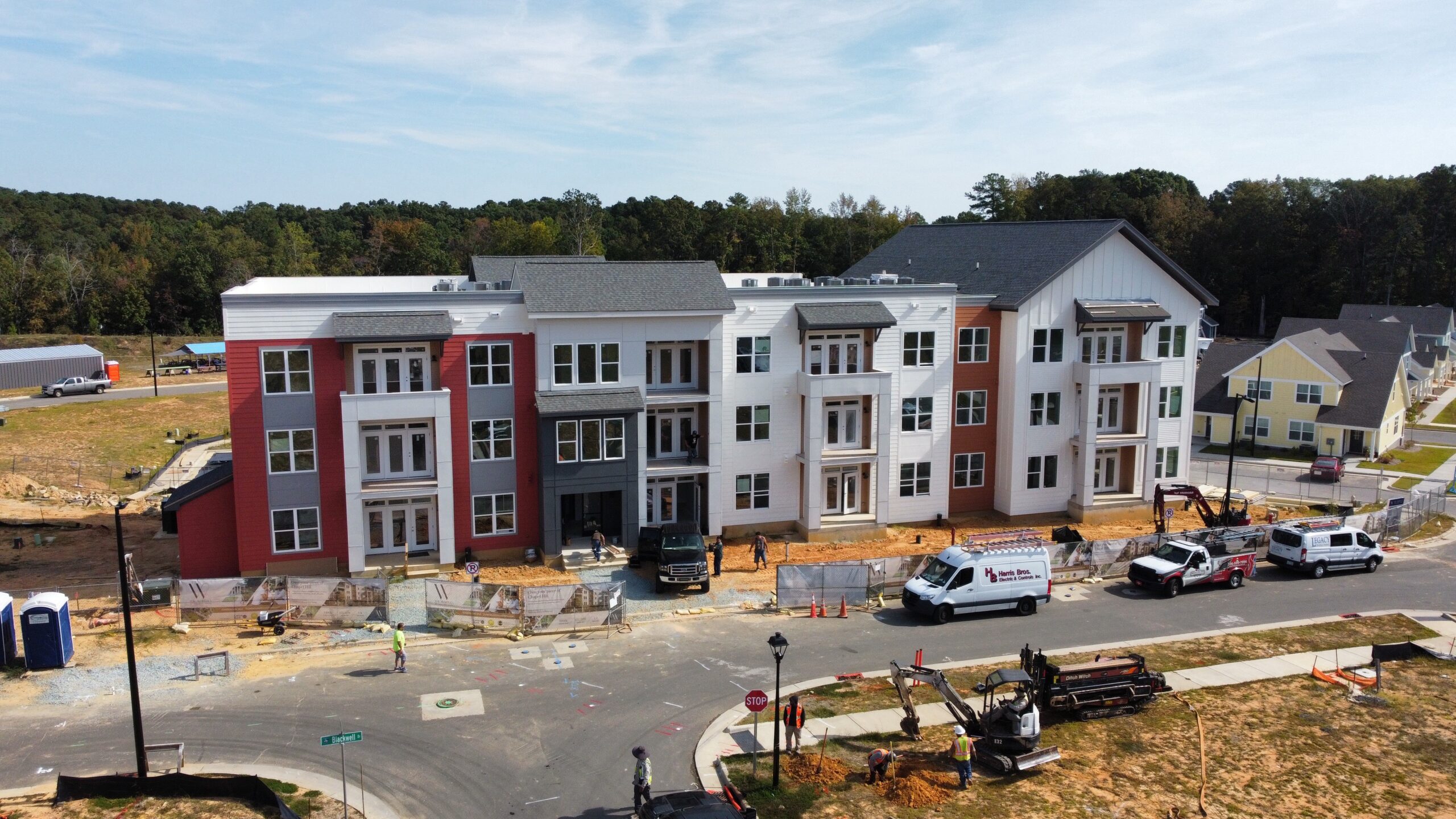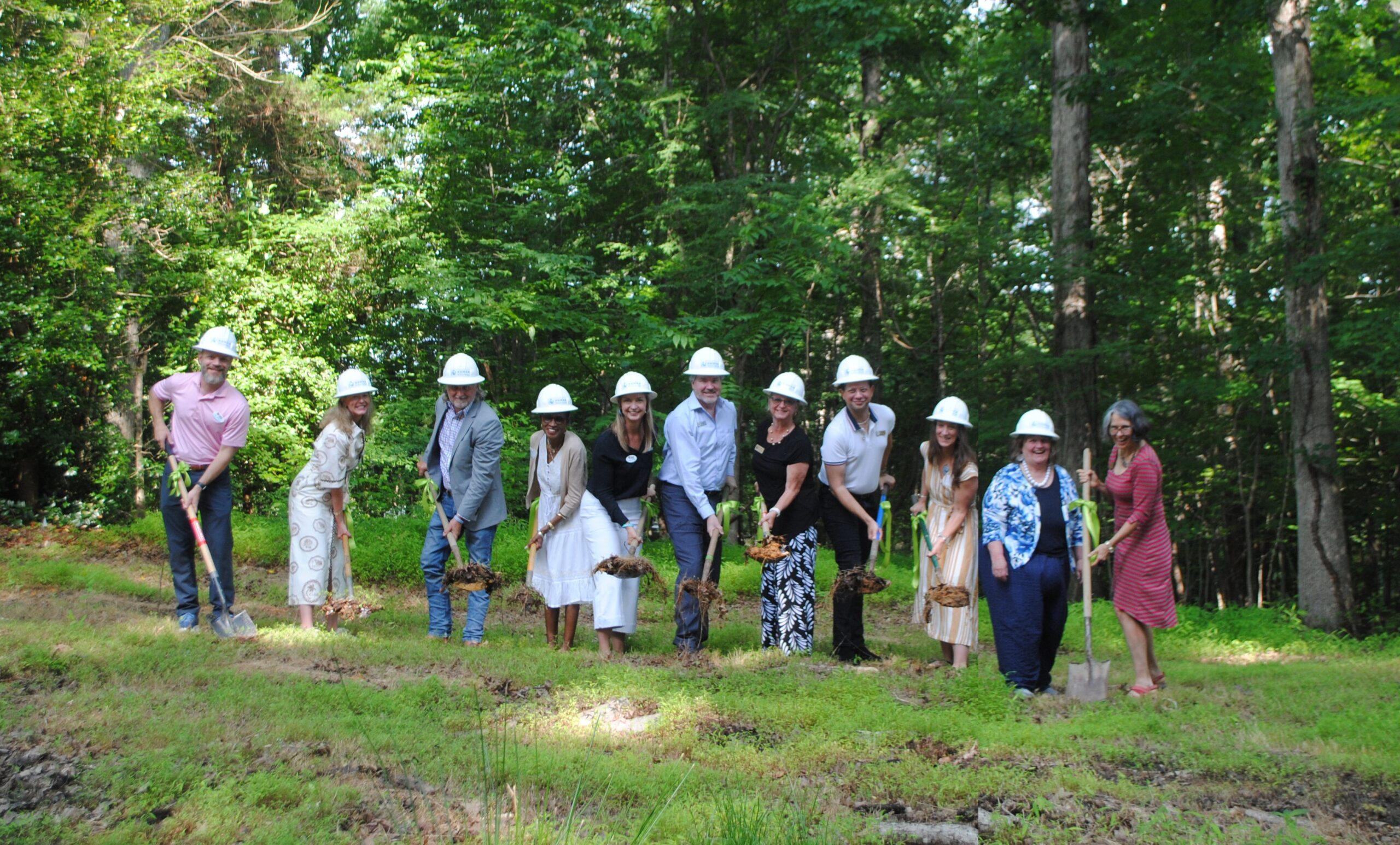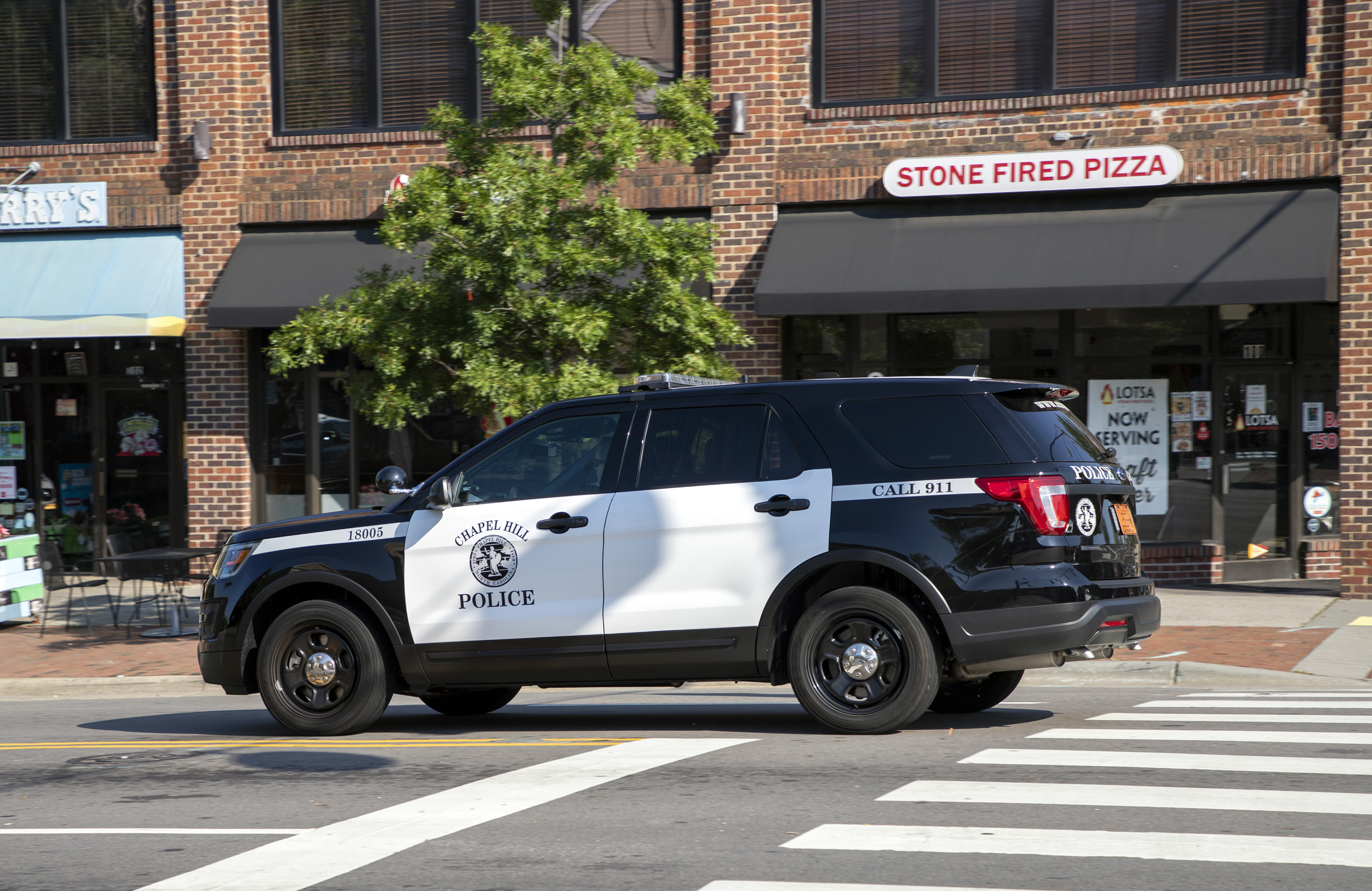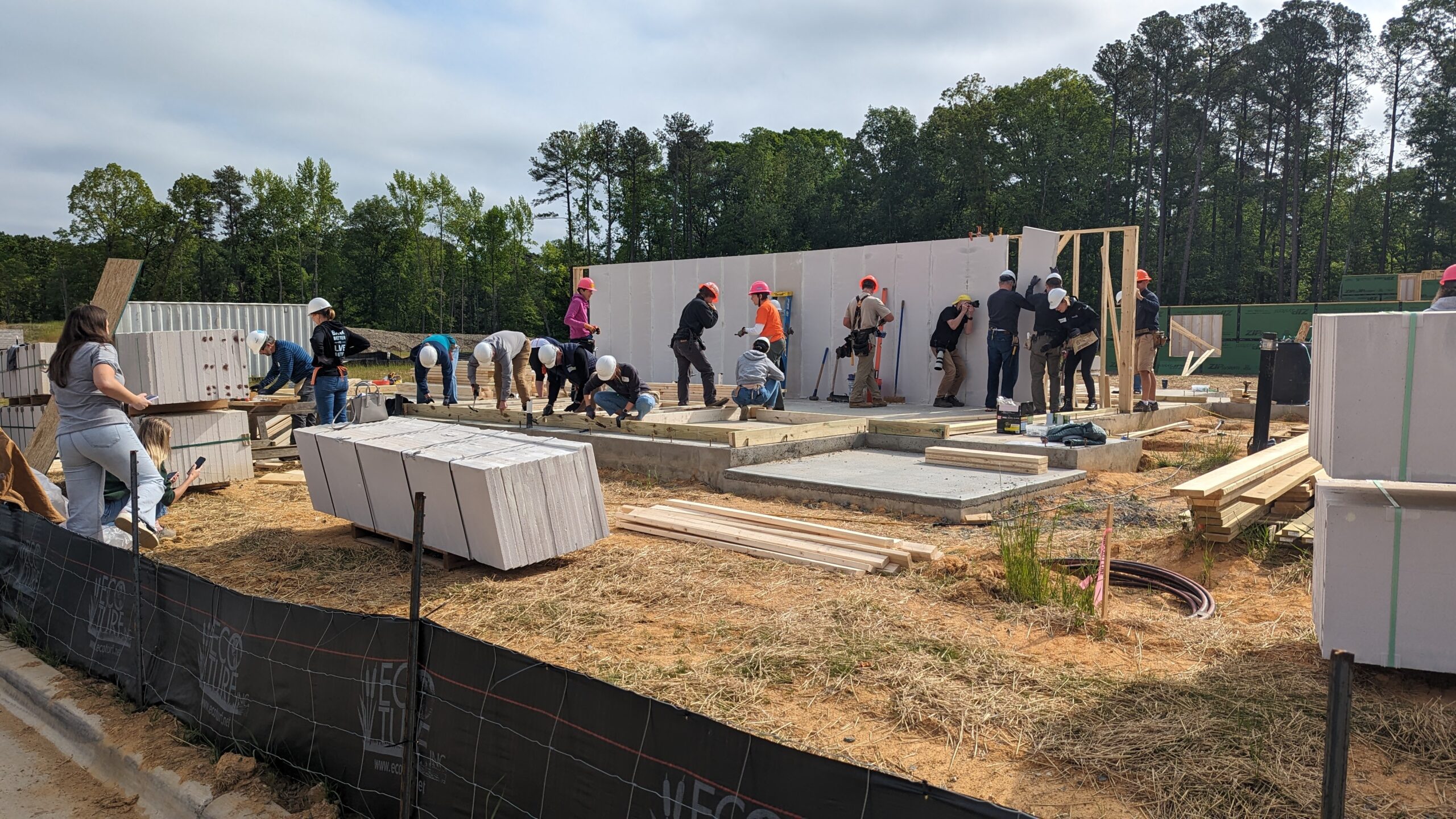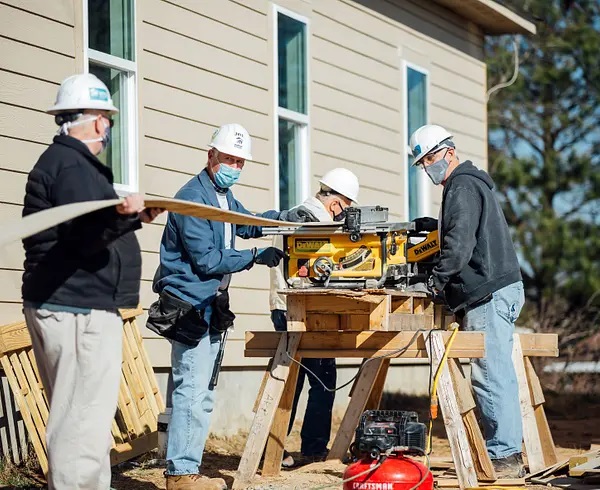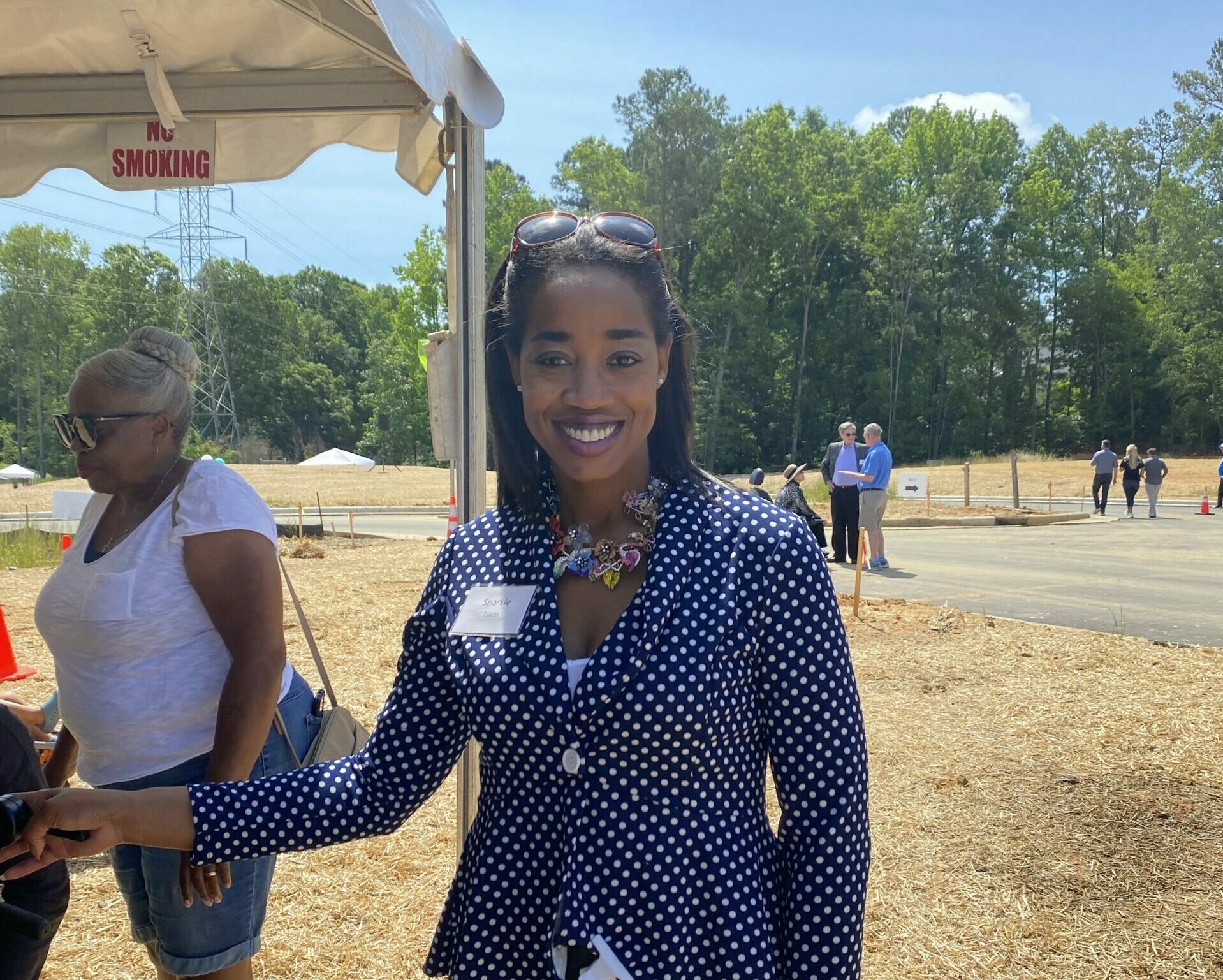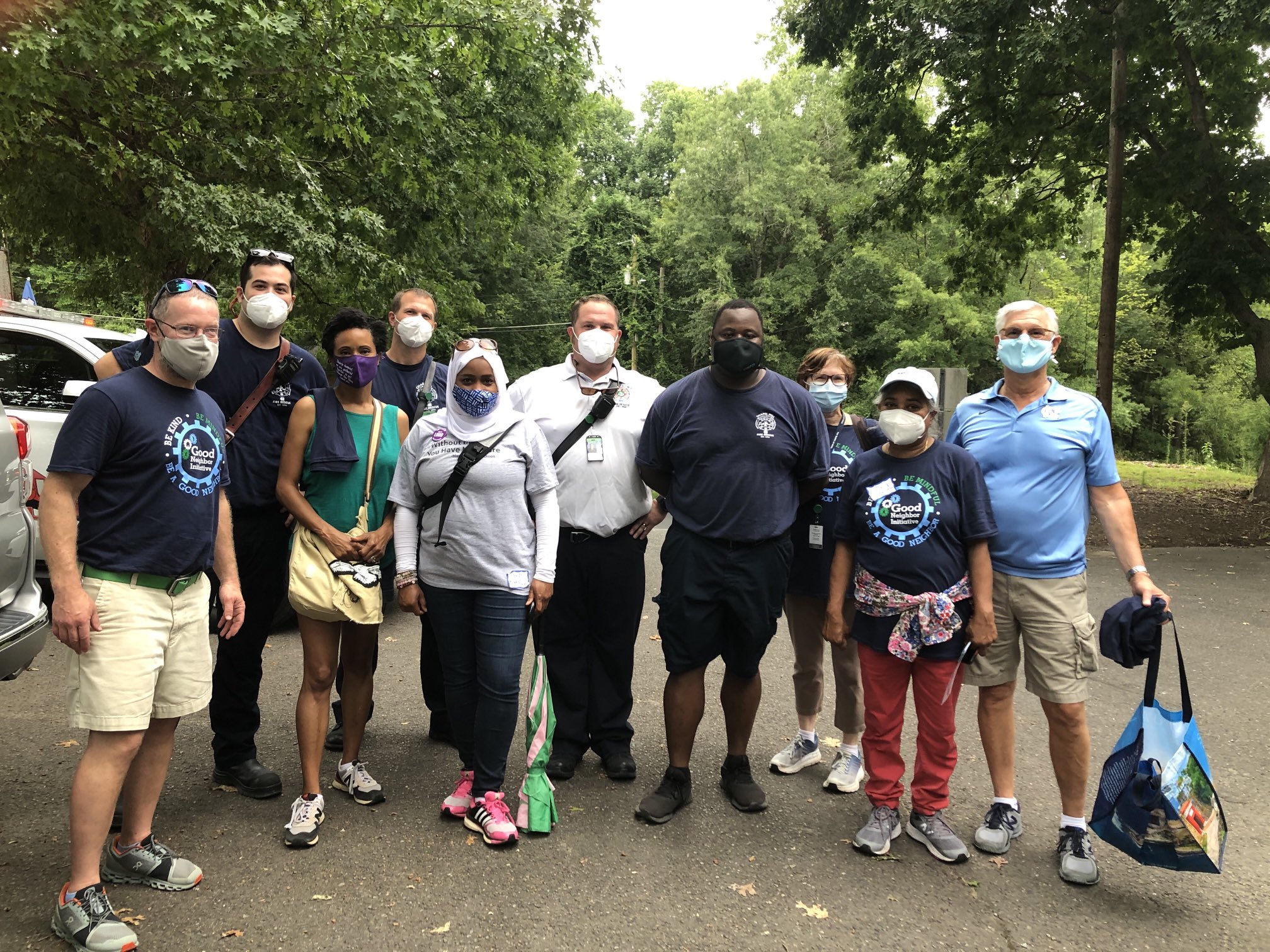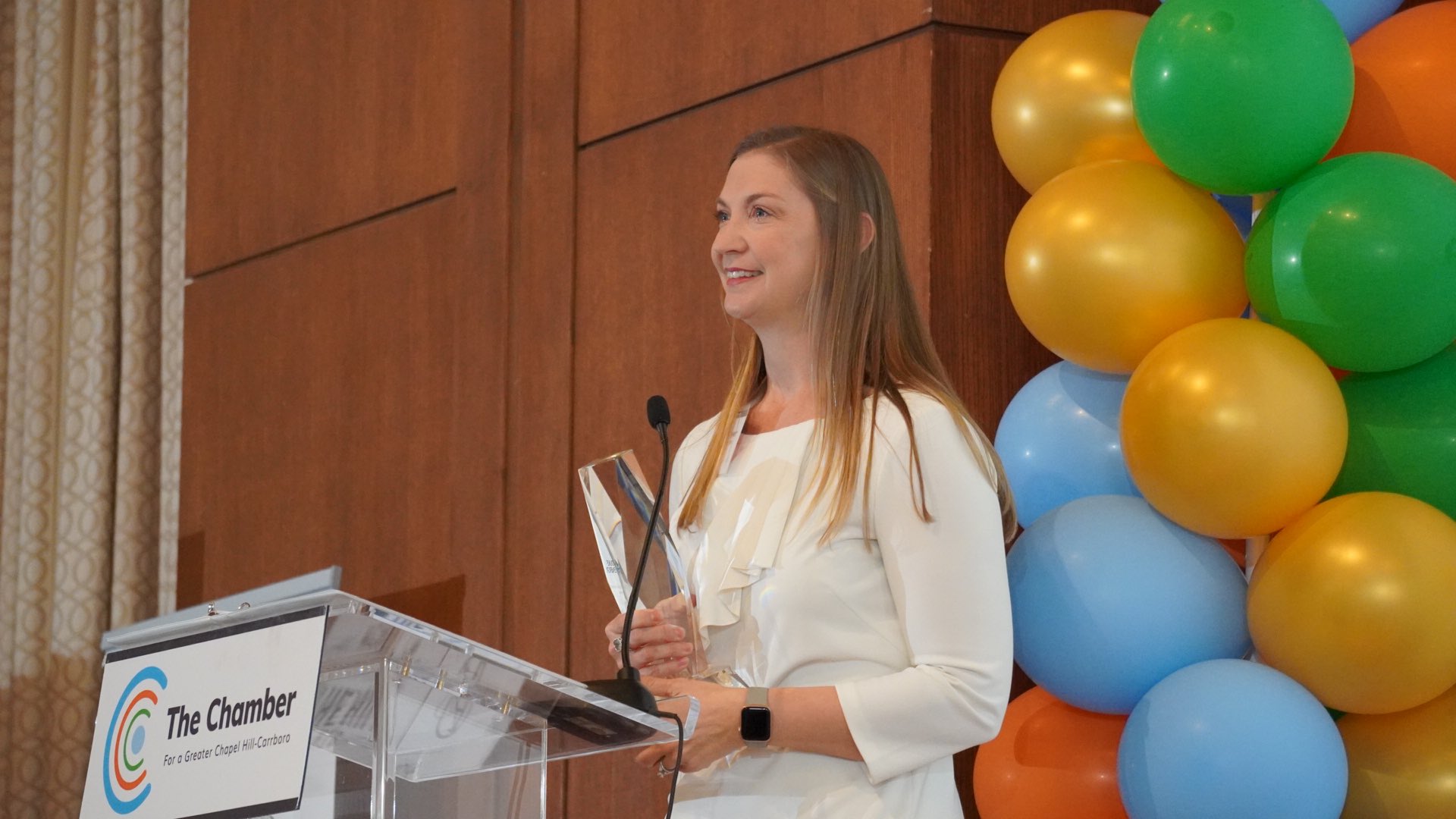On Tuesday, March 22, Habitat for Humanity announced a $5 million donation from philathropist MacKenzie Scott to 84 of its affiliates and Habitat International. Among those receiving funding is the Habitat for Humanity of Orange County.
President and CEO of the Orange County affiliate Jennifer Player spoke with 97.9 The Hill’s Brighton McConnell on Tuesday afternoon. She shared some of the behind-the-scenes work of landing the donation and the nonprofit’s recent reshaping of goals.
Here are some highlights of the conversation, edited for clarity.
Brighton McConnell: How did you learn about this news and what was the reaction within the Orange County Habitat affiliate?
Jennifer Player: “We didn’t know any of this was happening [until last week.] We’ve since learned that Habitat International had been talking to MacKenzie Scott and her team since last summer, but of course we didn’t know that at all. I received back in the middle of February a somewhat cryptic email that just said, ‘I work for a confidential philanthropist who has interest in your organization.’ And then the email says, ‘we know you probably think this is a hoax or a scam and it’s not.’ They said, ‘we just want 15 minutes of your time. Not gonna ask you for any, you know, account numbers or anything like that.’
They had said that the person didn’t live here. So I thought, what is this real? Like, why would someone have an interest in our, in our local affiliate…but I scheduled the call as quickly as I could.
And the woman on the other end of the line said, ‘I work for, you know, the family office of MacKenzie Scott. And she’s heard about the great work you’re doing in Orange County from a wide array of sources. And she wants to make a gift of five [million dollars.]”
McConnell: It’s 84 total habitat affiliates and habitat international that are among this donation. But how many habitat affiliates are there in the country, to put this into perspective?
Player: “There’s about maybe 1,100 right now throughout the country. It is a small, a small club that we are excited to be part of. And we still honestly don’t know what rubric [Scott] and her team used. They spent months vetting the affiliates, looking at [who] they really wanted to partner with. Some of the things that we have heard from Habitat International is that they were really interested in working with affiliates who had a strong track record of success and strong leadership and board governance, but who also could innovate. And so, yeah, we still don’t really exactly know how they made those decisions, but we’re sure glad to be one of the 84.”
McConnell: In your mind, what makes orange county’s affiliate really stand out? What jumps to mind when [donors] talk about success and trying to innovate?
Player: “I think a lot of this even goes before me. I always say I stand on the shoulders of giants. So even starting a few years ago when we built the first senior affordable housing community for the habitat affiliate throughout the country…we were the first to do that. And that was really the vision of my predecessor, Susan Levy. Weavers Grove being a really innovative community, even for the habitat network, something of that scale in a mixed income community has been touted by Habitat International as a model to watch and a model that they hope other Habitat affiliates will replicate. And then what you and I were just talking about recently, which is the initiative on how to reduce barriers to Black home ownership locally, nationally, and how to promote racial equity and more of our programs.
We know just from reading about MacKenzie Scott and the other organizations she’s given to, that’s really top of mind. So my guess is if they were doing some Google research were the last six months, then those are the kinds of things they would’ve seen on our social media platforms and our website. I think those are probably the things that really set us apart.”
McConnell: Now I know that this is very early in the stages of this. I’m sure Orange Habitat is still gonna figure out what this funding is going to, But can you explain a little bit how far $5 million goes?
Player: “Some of those plans we’ll talk about over the next few months and put really some strategies in place for what the Board of Directors wants to see done. But, you know, I think about Weaver’s Grove, [it] is possible because 20 years ago, somebody purchased a piece of land. And then over the course of that time, other boards and other leaders had the vision to say, ‘let’s do something really remarkable, let purchase land.’
And so in my mind, I want to see us look to the future. You know, what does the future look like in this community? How can we scale up, which we’re trying to do anyway — but how can we continue to scale up to build more, to have more impact, to give more people the opportunity to purchase homes in orange county and really set us up for a sustainable future for years to come. So whether that is whether that ends up being purchasing land or finding opportunities [or] where we gonna be going years from now, this gift could help set up that path.”
McConnell: You mentioned scaling up. For people who might not have heard the goals of Orange County Habitat for Humanity, what do you mean by scaling up?
Player: “We had hit the sweet spot at our organization where we really knew how to build 12 homes a year with the resources that we had, the staff we had and the donations and mortgage payments we had coming in. We could build 12 homes a year, fairly comfortably. Both the staff and the board came together in 2020, right before the pandemic hit and said, ‘Is this a time for us to try to increase what we’re doing and to try to push ourselves? The need is not going down — could we try to push ourselves into building more?’
We put together a growth strategy that included how do we increase if every home costs a hundred thousand dollars to build. Now the goal is to build 20 a year. It’s a huge financial investment. It’s a huge resource investment in staff… both the current staff, but how do we hire more staff? So, we’ve been moving toward that over the past couple years. Of course, the pandemic set us back a bit as we stopped building for a number of months and didn’t have volunteers for a while. But we still have our eyes set on getting up to building 20 homes a year. And who knows: with this gift, maybe that’s more.”
Listen to the full interview with Jennifer Player here.
Photo via the Chamber for a Greater Chapel Hill-Carrboro.
Chapelboro.com does not charge subscription fees, and you can directly support our efforts in local journalism here. Want more of what you see on Chapelboro? Let us bring free local news and community information to you by signing up for our biweekly newsletter.

